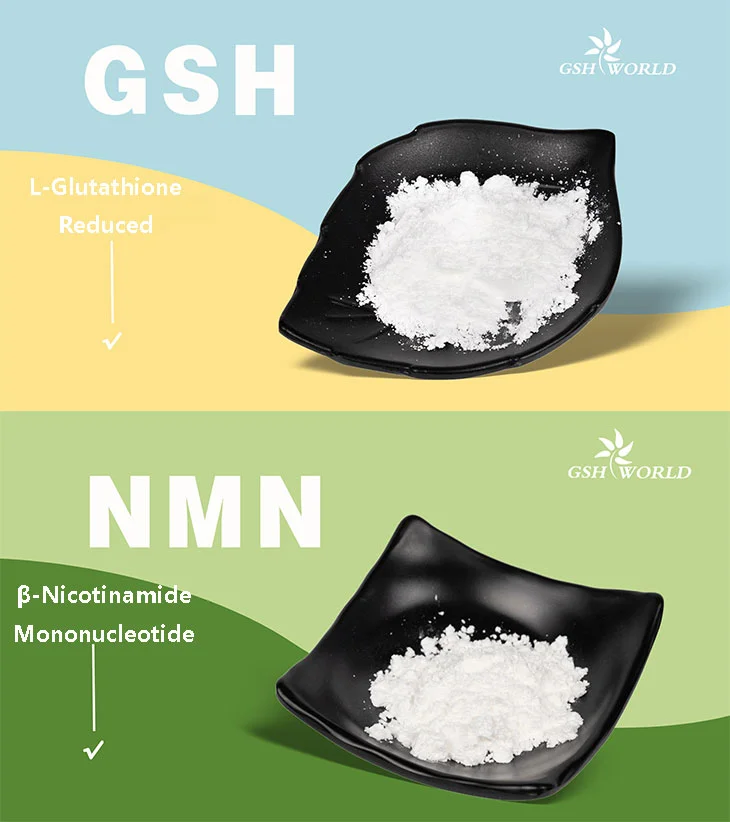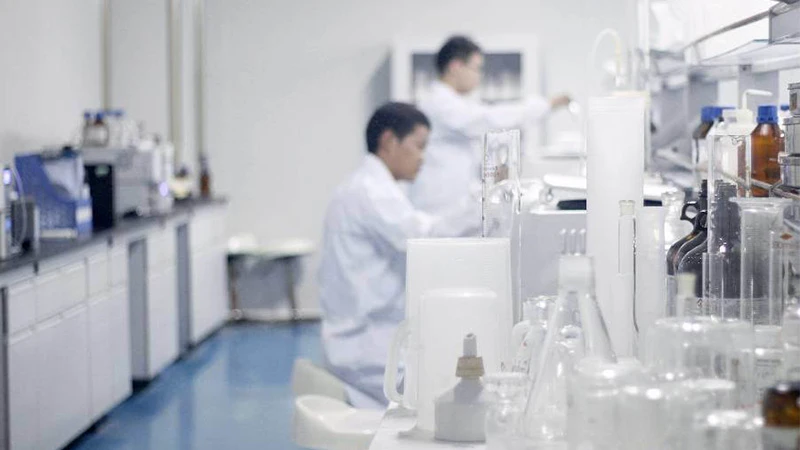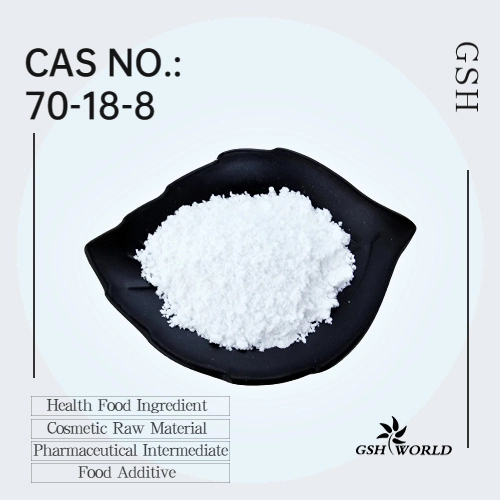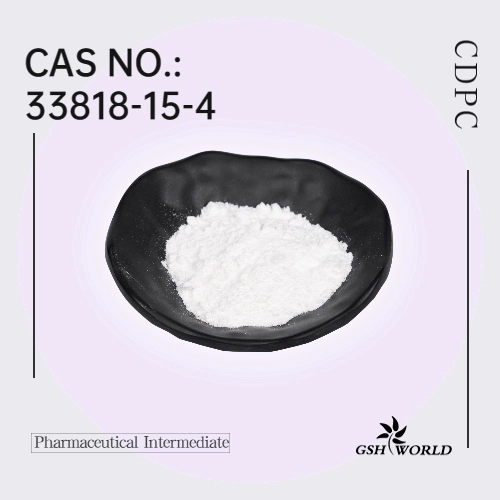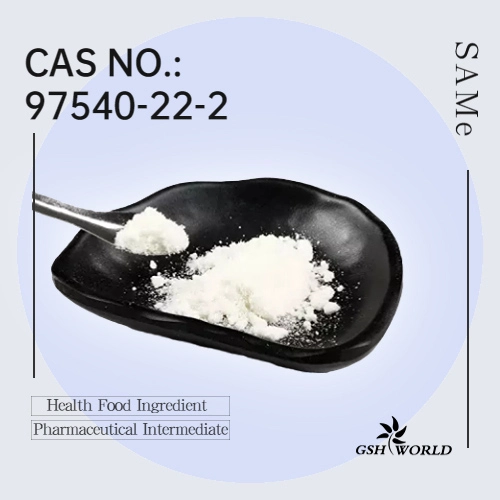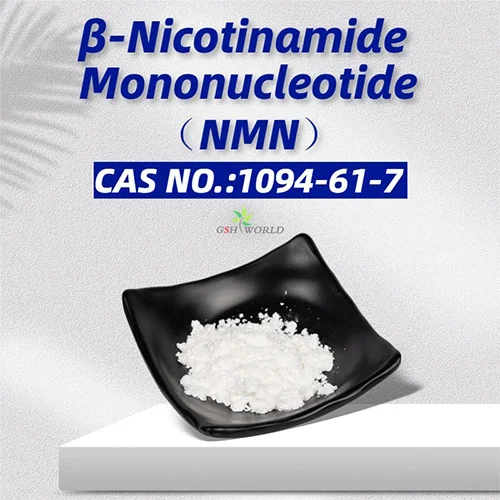Coenzyme Q10: Properties and Biological Importance
Coenzyme Q10 (CoQ10) is a vitamin-like coenzyme involved in cellular metabolism and energy production. It plays a crucial role in mitochondrial function and is responsible for the production of ATP, the cell's main energy currency. CoQ10 is found in almost all cells of the body and is particularly abundant in tissues with high metabolic activity, such as the heart, liver, and skeletal muscle.

CoQ10 was first discovered in 1957 by Danish scientist Peter D. Mitchell, who won the Nobel Prize in Chemistry for his work on the chemiosmotic theory. CoQ10 plays a key role in the electron transport chain, which is the process by which electrons from food molecules are transferred to oxygen to generate energy. It serves as an electron carrier in the mitochondrial membrane, assisting in the transfer of electrons from complex I and complex II to complex III of the electron transport chain.
The human body naturally produces CoQ10, with the liver and kidneys being the primary sites of synthesis. It is available in the diet in small amounts, with rich sources including meat, fish, eggs, and dairy products. The recommended daily intake of CoQ10 is 6-12 mg, although higher doses may be required for certain populations, such as the elderly and those with specific health conditions.
CoQ10 has a number of biological functions beyond its role in energy production. It serves as an antioxidant, protecting cells from damage caused by free radicals. It also plays a role in maintaining normal blood pressure and cholesterol levels and is involved in immune function and inflammation. The anti-inflammatory effects of CoQ10 have been particularly studied in the context of cardiovascular disease, where it may provide protection against atherosclerosis and heart failure.
In addition to its essential roles within the cell, CoQ10 also has important clinical applications. It is used as a supplement in the management of cardiovascular disease, particularly in patients with congestive heart failure. CoQ10 supplementation has been shown to improve symptoms and enhance quality of life in these patients. Additionally, CoQ10 may be beneficial for those with mitochondrial disorders, such as mitochondrial encephalopathy and myopathy.
The use of CoQ10 supplements in certain populations is also common. Pregnant women may take CoQ10 to support normal fetal development and to prevent complications during pregnancy. CoQ10 is also commonly used as a supplement by athletes and individuals engaged in intense physical activities to support muscle function and enhance energy production.
In summary, Coenzyme Q10 is a crucial vitamin-like coenzyme involved in cellular metabolism and energy production. It plays a key role in mitochondrial function and has a number of additional biological functions, including antioxidant activity, maintenance of normal blood pressure and cholesterol levels, and involvement in immune function and inflammation. The clinical applications of CoQ10 supplementation include the management of cardiovascular disease, particularly congestive heart failure, and mitochondrial disorders. CoQ10 is safe and well-tolerated by most individuals and may provide benefits for those looking to enhance their energy levels and support overall health.
Previous: Citicoline raw material: A Natural Ingredient with Numerous Health Benefits
Next: Green and environmentally friendly synthetic biology manufacturing
by GSHWORLD
GSH Bio Tech is China Biological API Manufacturer. China coenzyme q10 Supplements powder suppliers & best coenzyme q10 benefits raw material Factory.


